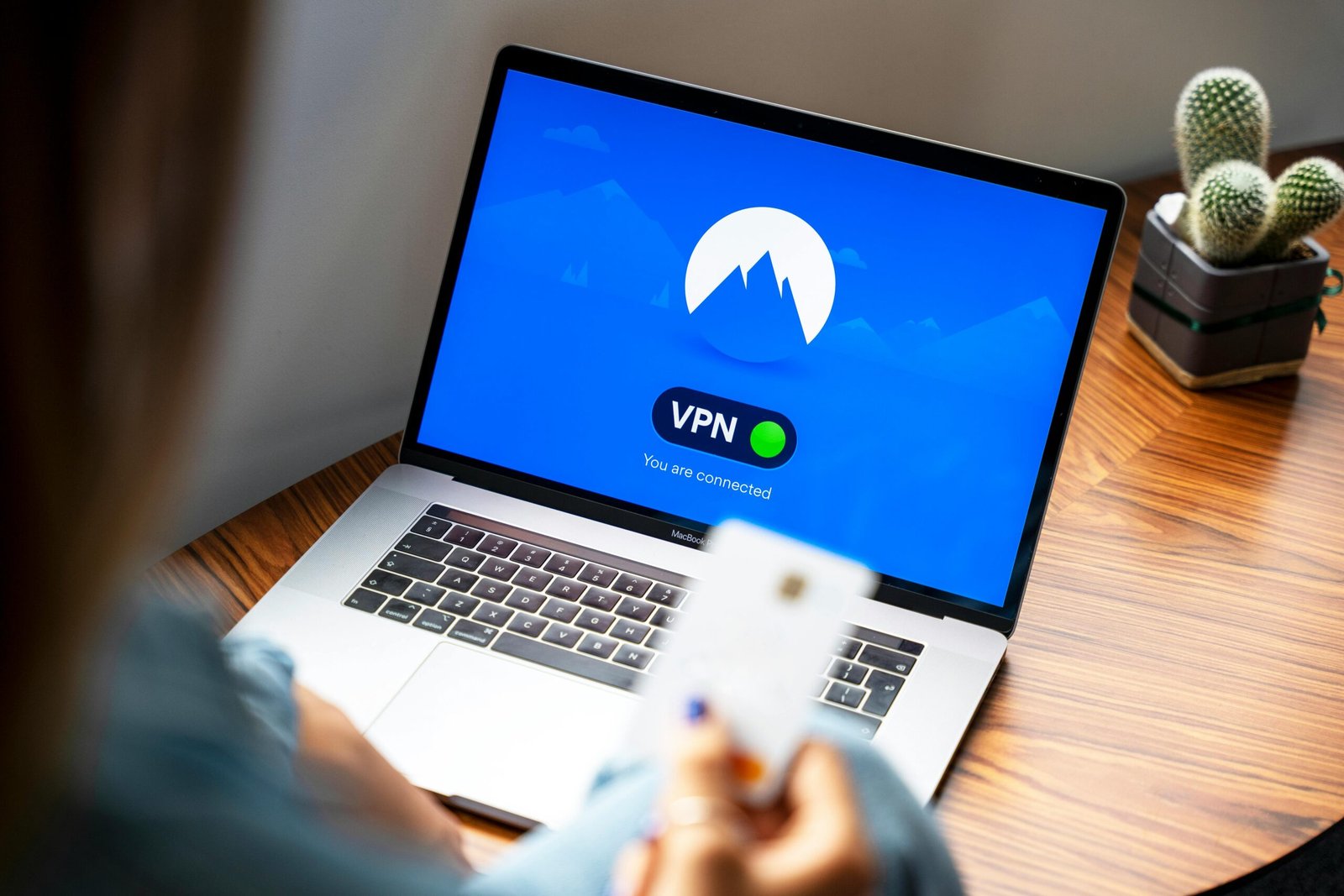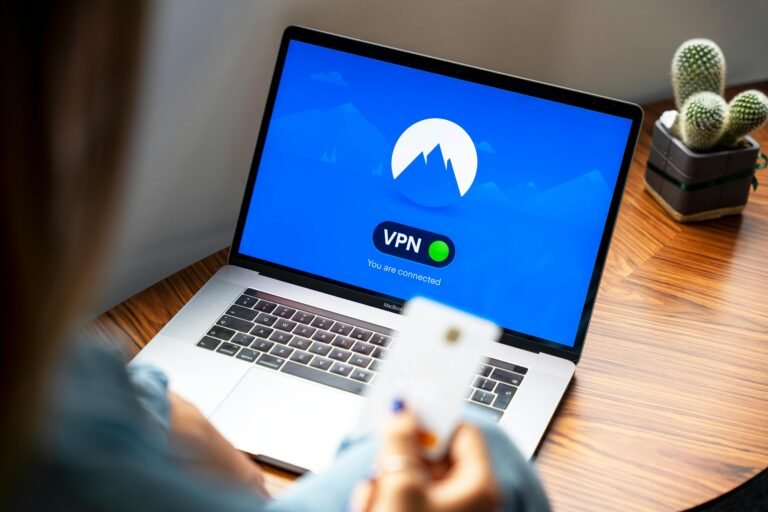Introduction
In today’s digital landscape, cybersecurity has become a critical field, offering numerous career opportunities for professionals passionate about protecting information and systems. Whether you’re just starting your journey or looking to advance in the field, understanding various cybersecurity career pathways is essential. This guide explores the top career options in cybersecurity, provides insights into required skills and certifications, and highlights resources to help you succeed.
Top Cybersecurity Career Pathways
- Security AnalystSecurity analysts are the frontline defenders of an organization’s IT infrastructure. Their role involves monitoring systems for suspicious activity, conducting regular security audits, and responding to security breaches. Key skills include knowledge of security information and event management (SIEM) tools, network security, and incident response.
- Penetration Tester (Ethical Hacker)Penetration testers, also known as ethical hackers, simulate cyberattacks to identify vulnerabilities in systems before malicious hackers can exploit them. This role requires expertise in ethical hacking techniques, network protocols, and vulnerability assessment. Certifications like the Certified Ethical Hacker (CEH) are highly recommended for this career path.
- Security ArchitectSecurity architects design and implement robust security systems to protect an organization’s assets. They work on creating security policies, designing network security solutions, and ensuring compliance with regulatory requirements. Strong analytical skills and experience with security technologies are essential for this role.
- Incident ResponderIncident responders handle and manage cybersecurity incidents, aiming to minimize damage and recover affected systems. They perform forensic analysis, develop response plans, and coordinate with other teams to address breaches. Proficiency in incident management and forensic tools is crucial for this position.
- Chief Information Security Officer (CISO)The CISO is responsible for overseeing an organization’s overall security strategy and ensuring that it aligns with business objectives. This executive role involves strategic planning, policy development, and risk management. Strong leadership and extensive experience in cybersecurity are required for this high-level position.
Essential Skills and Certifications
To succeed in these roles, certain skills and certifications are highly beneficial:
- Skills: Network security, risk management, encryption, compliance, and ethical hacking.
- Certifications:
- Certified Information Systems Security Professional (CISSP): CISSP Certification
- Certified Ethical Hacker (CEH)
- CompTIA Security+
- Certified Information Security Manager (CISM)
For detailed information on various certifications and their benefits, visit the Practical Ethical Hacking website.
Educational Resources and Training
Exploring educational resources and training programs can significantly enhance your knowledge and skills in cybersecurity. Online courses, bootcamps, and degree programs offer flexible learning options to fit your schedule. Consider enrolling in programs that provide hands-on experience and cover essential topics related to cybersecurity career pathways.
External Resources
- Practical Ethical Hacking: For in-depth information on cybersecurity training and certifications, check out Practical Ethical Hacking.
- Cybersecurity Certification Authority: Explore certification options and requirements on the official (ISC)² website.
Conclusion
Cybersecurity offers a diverse range of career pathways, each with its unique challenges and opportunities. By understanding the different roles, developing the necessary skills, and obtaining relevant certifications, you can pave the way for a successful career in this dynamic field. Utilize available resources and training programs to stay ahead and continuously advance your expertise.
Hot Topics in Cybersecurity include essential tools and certifications that every professional should be aware of. For instance, mastering Nmap is a must for effective network scanning and vulnerability assessment. If you’re preparing for certification, the CompTIA Security+ SY0-701 course is a must-take to ensure you’re well-equipped for the exam. To enhance your preparation, utilize the SY0-701 Free Practice Exam to test your readiness. Additionally, joining the Practical Ethical Hacking Membership Levels provides valuable resources and updates to stay current in the dynamic field of cybersecurity. For further learning, explore Cybersecurity and Practical Ethical Hacker Courses on YouTube. Engaging with these must-take courses and resources will significantly boost your skills and knowledge in this critical area.


